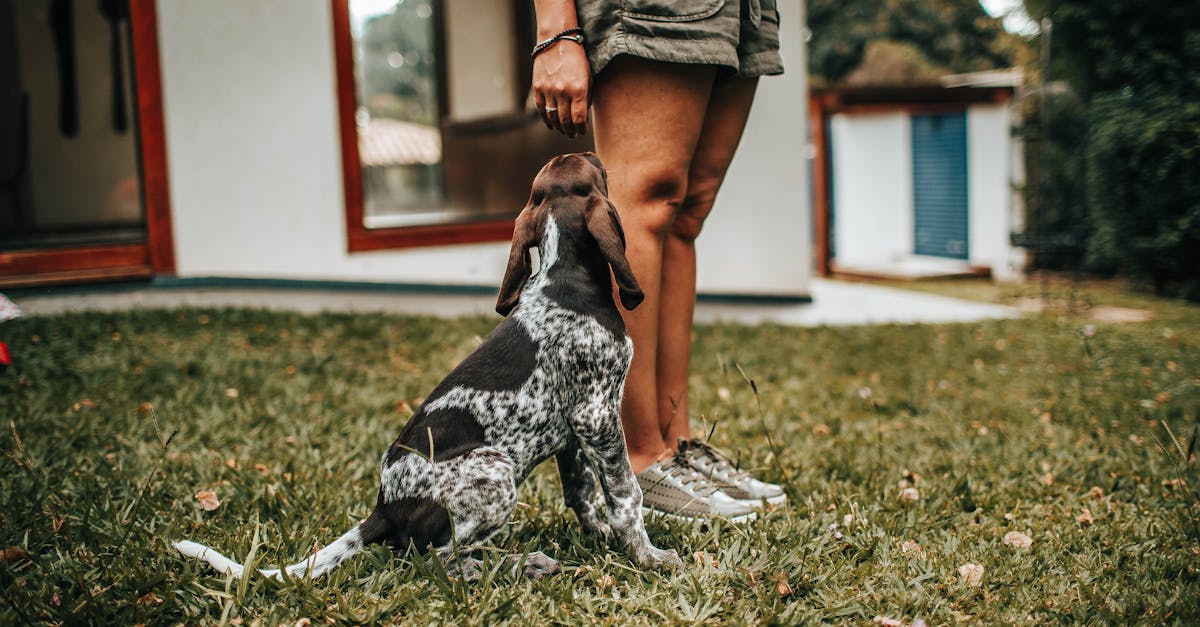Are you the proud owner of a Russian or Horsfield's tortoise? These adorable reptiles are known for their hardiness and charming personalities, but as a pet owner, you might be wondering about their lifespan and how you can ensure they live a long, healthy life. Understanding their care requirements is key to helping your tortoise thrive for decades.
🩺 Vet Recommendations
The average lifespan of a Russian or Horsfield's tortoise is 40 to 50 years in captivity, but with excellent care, some can live up to 60 years or more. Unlike many other pets, these tortoises have the potential to become lifelong companions, but their longevity depends largely on the care they receive.
In the wild, Russian tortoises live in harsh environments, which has made them incredibly resilient. However, in captivity, they rely on you to recreate a suitable habitat, provide a proper diet, and monitor their health. Let's explore how you can help your tortoise live its longest, healthiest life.
📋 Care Tips
Proper care is crucial for ensuring your Russian tortoise reaches its full lifespan potential. Here are the most important factors to focus on:
- Habitat: A spacious enclosure is vital. Tortoises need room to roam, dig, and explore. Indoor enclosures should be at least 8 square feet, while outdoor pens should be secure and predator-proof.
- Temperature: Maintain a temperature gradient in their enclosure, with a basking area around 90-95°F and a cooler side around 70°F. Nighttime temperatures can drop slightly but should not fall below 60°F.
- UVB Lighting: Russian tortoises need UVB light for proper calcium absorption and shell health. Without it, they can develop metabolic bone disease. Replace UVB bulbs every 6-12 months to ensure effectiveness.
- Diet: Their diet should mimic what they eat in the wild—primarily leafy greens and fibrous plants. Avoid high-protein foods and sugary fruits, as these can lead to health issues.
- Hydration: While they come from arid environments, Russian tortoises still need access to fresh water. Offer a shallow dish they can drink from and soak in.
Regularly checking and maintaining these aspects of their care will set your tortoise up for a long and healthy life.
✅ Do’s and Don’ts
When it comes to keeping your Russian tortoise healthy, there are some important practices to follow—and a few common mistakes to avoid.
- Do: Provide a varied diet rich in dark, leafy greens like collard greens, dandelion greens, and mustard greens.
- Do: Offer a substrate that allows for digging, such as a mix of soil and sand.
- Do: Allow outdoor time in a secure, safe enclosure when the weather permits.
- Don’t: Feed them iceberg lettuce or foods high in oxalates (like spinach), as these can interfere with calcium absorption.
- Don’t: House them on substrates like cedar or pine shavings, which can be toxic.
- Don’t: Overfeed them or offer foods not suited to their natural diet, like dog food or bread.
By following these do’s and don’ts, you can avoid common health problems and keep your tortoise thriving.
💡 Expert Advice
As a veterinarian, I always stress the importance of preventive care for pets, including tortoises. Regular health check-ups are vital, even for reptiles, as they can develop subtle health issues that may not be immediately obvious to the untrained eye.
Look for signs of good health in your tortoise, such as a firm, smooth shell, clear eyes, and active behavior. If you notice anything unusual—like lethargy, a soft shell, or changes in appetite—consult a reptile-savvy veterinarian immediately. Early intervention can make a big difference in outcomes.
Another key tip is to keep detailed records of your tortoise’s care, including diet, lighting changes, and any health concerns. This information can be invaluable for your vet if any issues arise.
FAQs
Q: How can I tell if my Russian tortoise is healthy?
A: A healthy tortoise will have clear, bright eyes, a smooth shell, and a good appetite. It should also be active and curious in its environment. If you notice any changes, such as lethargy or shell abnormalities, consult a vet.
Q: Can Russian tortoises live indoors year-round?
A: Yes, but they need a properly set-up indoor enclosure with adequate space, heat, and UVB lighting. Outdoor time in warm weather is beneficial, but they can thrive indoors with the right care.
Q: How often should I feed my tortoise?
A: Adult Russian tortoises should be fed every day or every other day. Offer a variety of leafy greens and fibrous plants, and remove any uneaten food after a few hours to prevent spoilage.
Book a $49 online vet consultation at https://www.dialavet.com for fast, expert advice.























